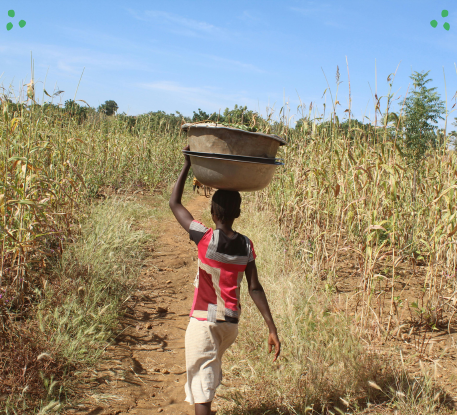Human- and climate induced land degradation in wetlands and riparian zones of the Volta basin, at the border of Ghana and Burkina Faso, undermine the livelihoods and well-being of local communities in multifaceted and complex ways. Thoughtful and sustained transdisciplinary and transboundary research and interventions
are needed to develop locally relevant and appropriate responses. Our project seeks to achieve this by using transdisciplinary, gender and socially equitable approaches to help make the wetlands and riparian zones along the Volta Basin in Ghana and Burkina Faso more resilient to climate-related hazards through prudent transboundary water resource management, enhanced climate consciousness, and improved local capacity and livelihood strategies in the study area.
START is partnering with the University of Ghana’s Centre for Biodiversity Conservation Research (CBCR) and Institute of Environment and Sanitation Studies (IESS), Naturama in Burkina Faso, and York University in Canada on this new project, part of the Climate Adaptation and Resilience (CLARE) initiative, a UK-Canada framework research program aiming to enable socially inclusive and sustainable action to build resilience to climate change and natural hazards in Africa and the Asia-Pacific region. The project pays particular attention to multi-dimensional challenges wrought by the episodic floods associated with the annual spillage of the Bagré Dam in Burkina Faso. The research includes a diverse mix of disciplinary and methodological approaches that include qualitative and collaborative methods, water resource and climate modeling, GIS mapping techniques, as well as in-depth engagement with local government officials, civil society organizations, and communities. START will play a key role in the capacity strengthening dimensions of the project.

